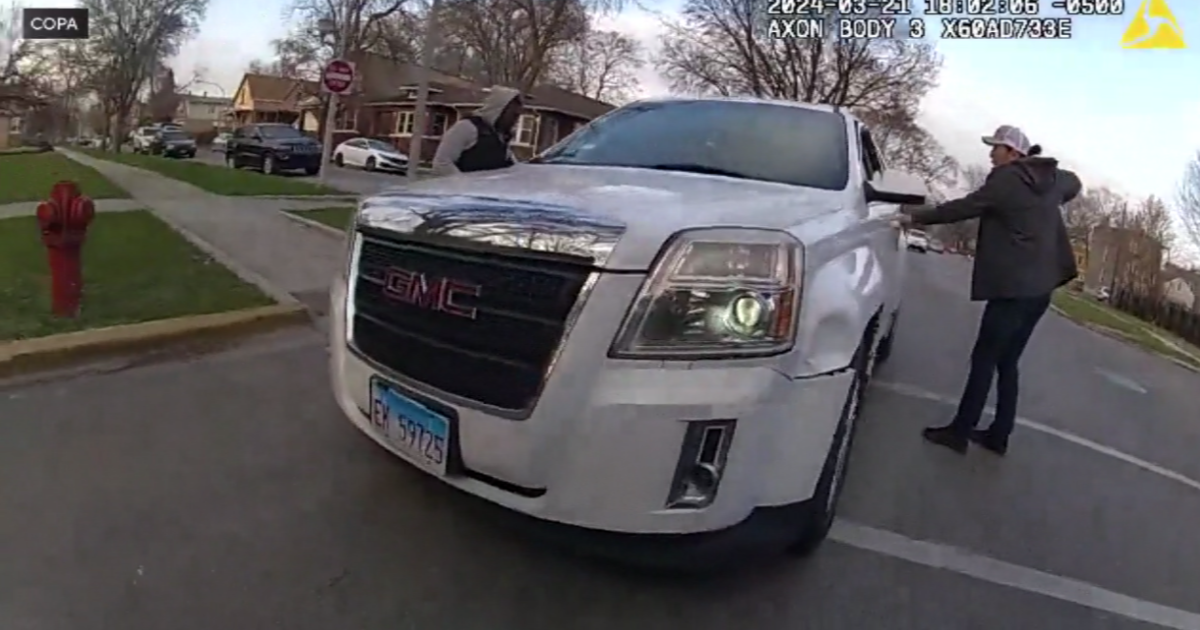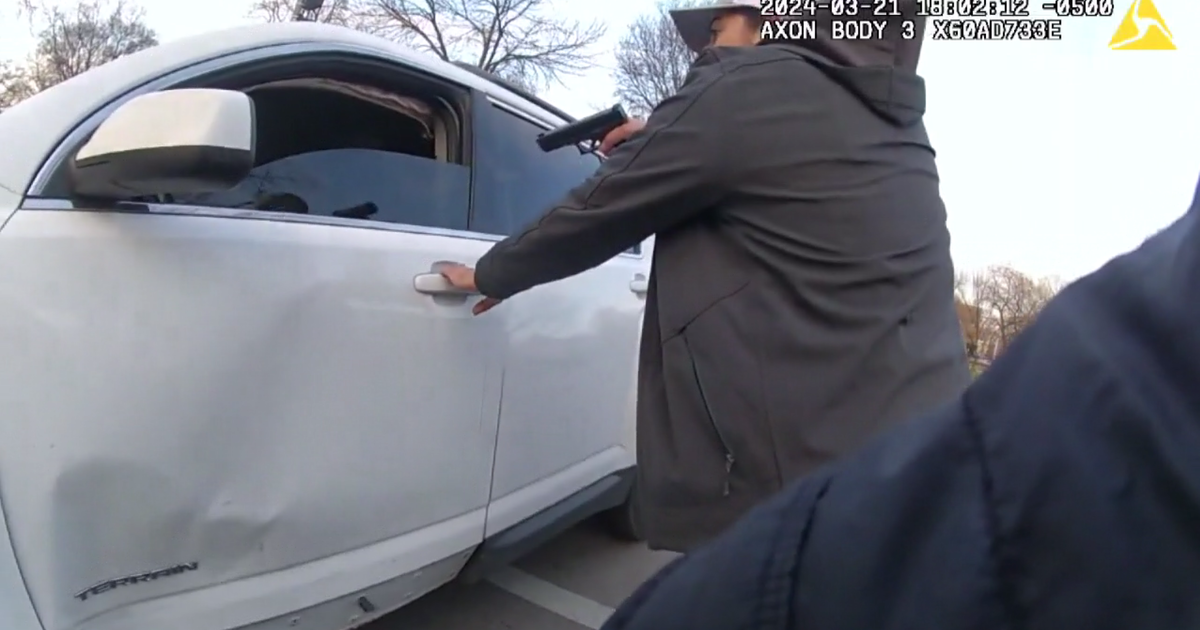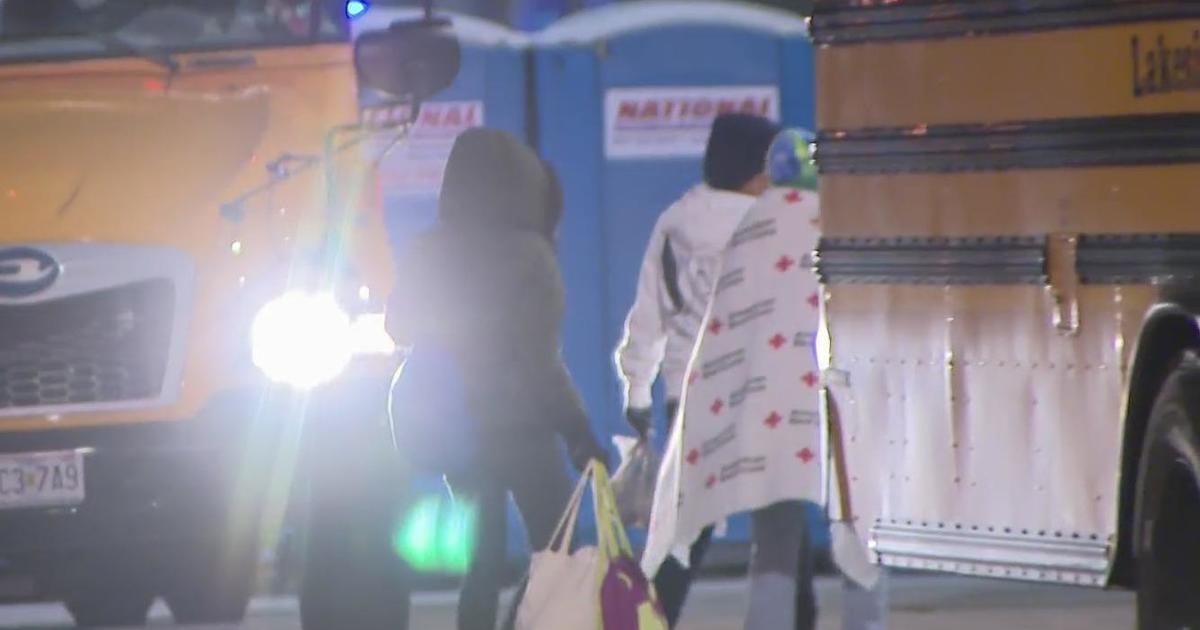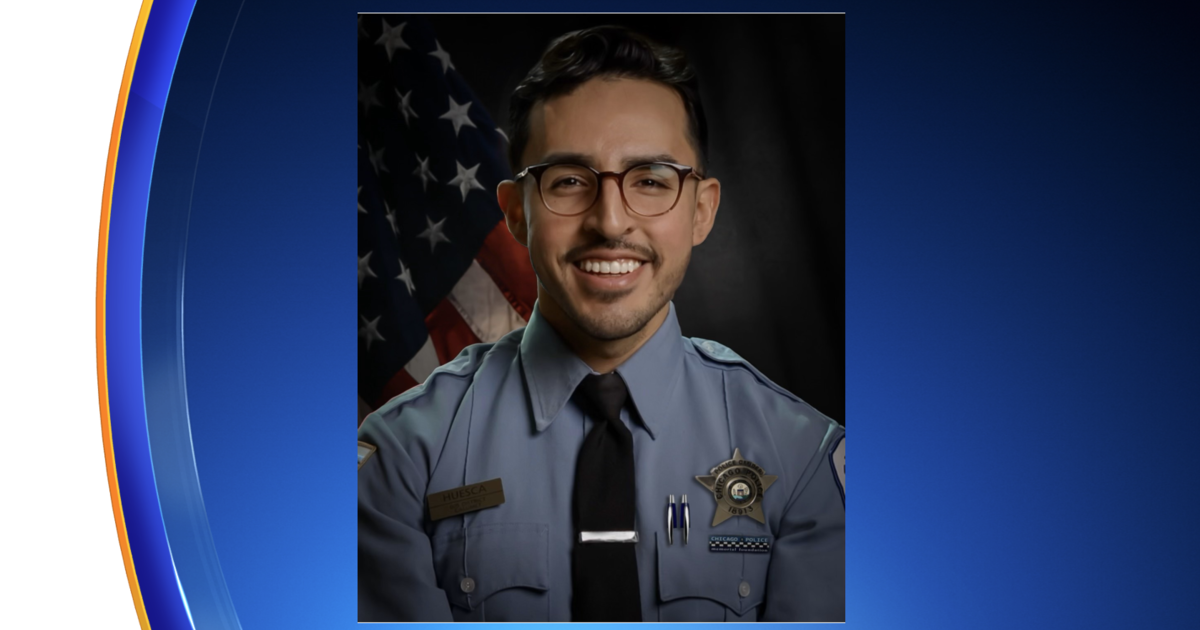Aldermen approve ordinance to grant death benefits to families of police officers and firefighters who die of suicide
CHICAGO (CBS) -- The Chicago City Council on Wednesday unanimously approved an ordinance granting work-related death benefits to the families of police officers and firefighters who have died from suicide.
It's a sobering fact – more than a dozen Chicago Police officers have died by suicide in the last four years. Until now, families of those officers did not get any work-related death benefits.
But as CBS 2 Political Investigator Dana Kozlov reported Tuesday night, Ald. Matt O'Shea (19th) helped push an ordinance to extend CPD line-of-duty death benefits to the surviving spouses of police officers and firefighters who die from suicide.
The measure would give officers' families a year of salary and access to additional money the family could use for health care, education, and other specific expenses.
Ald. Chris Taliaferro (29th), a former police officer who chairs the City Council Public Safety Committee, said families like those need the same support that is already given to officers who die in the line of duty.
Mayor Lori Lightfoot said it wasn't that long ago that the Chicago Police Department didn't even recognize officer suicides, and called the measure "an important step for these families, who as we've heard are not only shocked, but they don't need to be financially bereft as well."
While thanking his colleagues for their unanimous support for the ordinance, O'Shea said the city has failed to do enough to support officers, firefighters, and paramedics cope with the trauma they face on the job every day; and to prevent death from suicide among their ranks. He noted suicide was the second-leading cause of death for Chicago police officers last year, only behind COVID-19.
"We've got to do more to remove the stigma; the stigma that I can reach out and ask for help. It's not weakness," O'Shea said. "What they experience day in and day out, pulling up to the scene of a horrific shooting, pulling up to the scene of a horrible fire, the violence and tragedy, the unbelievable grief, the death each and every shift of what they see. What do they do? They turn to alcohol, they turn to substance abuse, they bottle it up. You can't acknowledge what you've experienced. You can't ask for help, because in our society that's not okay."
Ald. Raymond Lopez (15th) an outspoken critic of Lightfoot and Chicago Police Supt. David Brown's handling of the Chicago Police Department, who is running for mayor in 2023, hailed the measure as "a good step" to help the families of officers who died from suicide, but said the city's own policies are driving officers to it, by frequently canceling their days off, and putting them on 12-hour shifts.
"When you have a department who says on its website the health and mental wellness of our department members will remain a top priority, and yet you work them two, three weeks straight without a chance to decompress, without a chance to be with their families, without a chance for them to live a normal human life, we are driving them to that," he said.
Julie Troglia, the wife of a CPD officer who died from suicide in 2021, has been hoping for the city to come through with the benefits she and others like her are now eligible to receive.
"It's a daily struggle," said Julie Troglia. "Some days, I just want to scream so loud."
It has been just shy of 16 months since Trogila's husband, Chicago Police Officer Jeff Troglia, died by suicide.
"And I've looked back through pictures. I have looked back through years of our life," Julie Troglia said, "and I honestly cannot see any warning signs of this happening."
Troglia found her husband dead in their basement. He was alone in the house when he died – just days after talking to his wife about the recent suicide of another CPD officer.
"He was talking about how sad it was, and what a sad place he had to have been in - and then three days later, we were in that same situation," Troglia said.
Besides her profound grief, questions, and even anger, Troglia had to learn to care for their three young daughters without her husband. She had to figure out money and insurance, which she lost 90 days after her husband died. And because Officer Troglia took his own life, there were no CPD line-of-duty death benefits.
"Even though he didn't die in the line of duty, he gave up his life every single day," Julie Troglia said.
Both Troglia and James believe several factors, such as canceling officers' days off, are taking a toll on officers' mental health.
O'Shea's ordinance to provide line-of-duty death benefits to the families of officers who die from suicide was passed unanimously on Wednesday.



